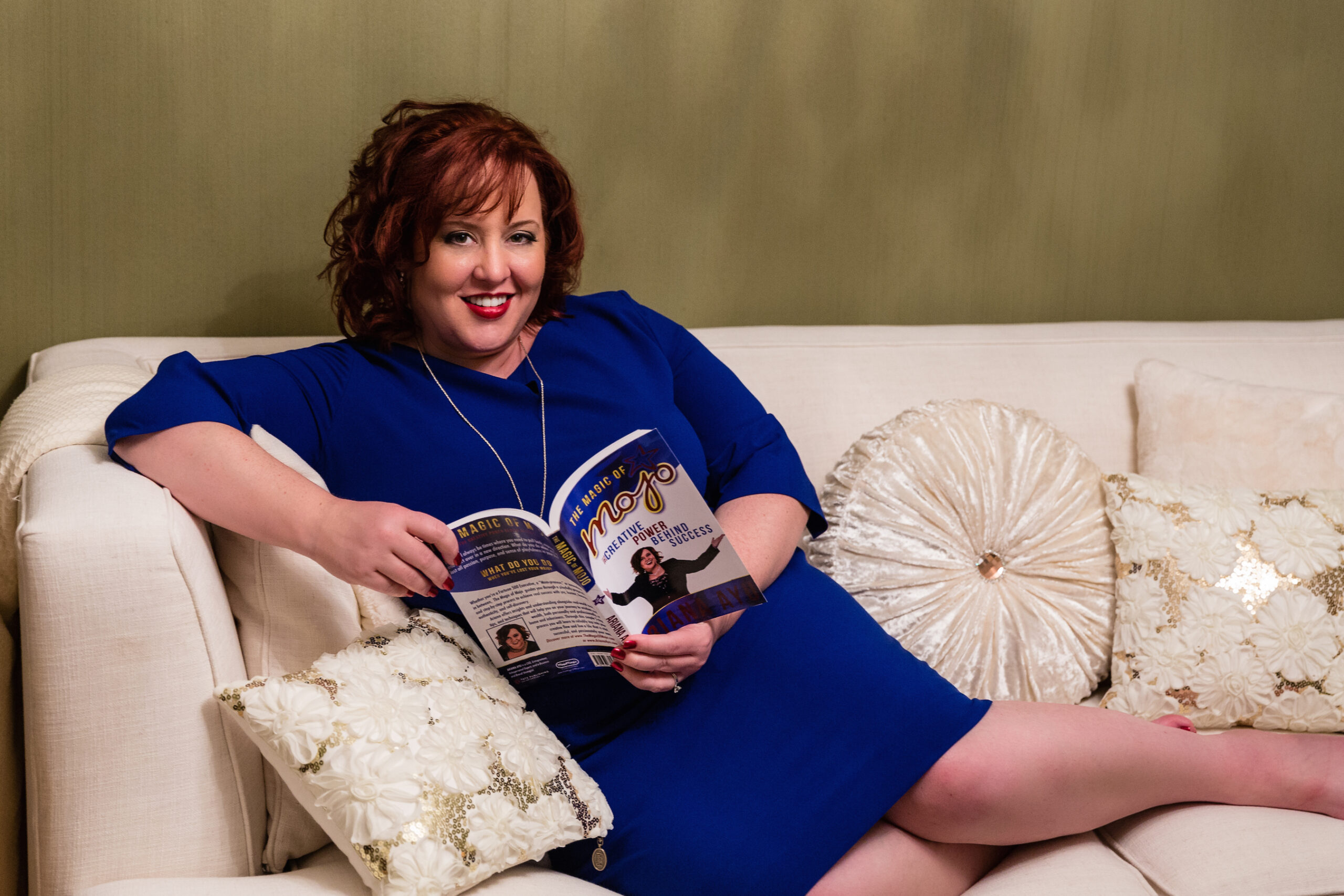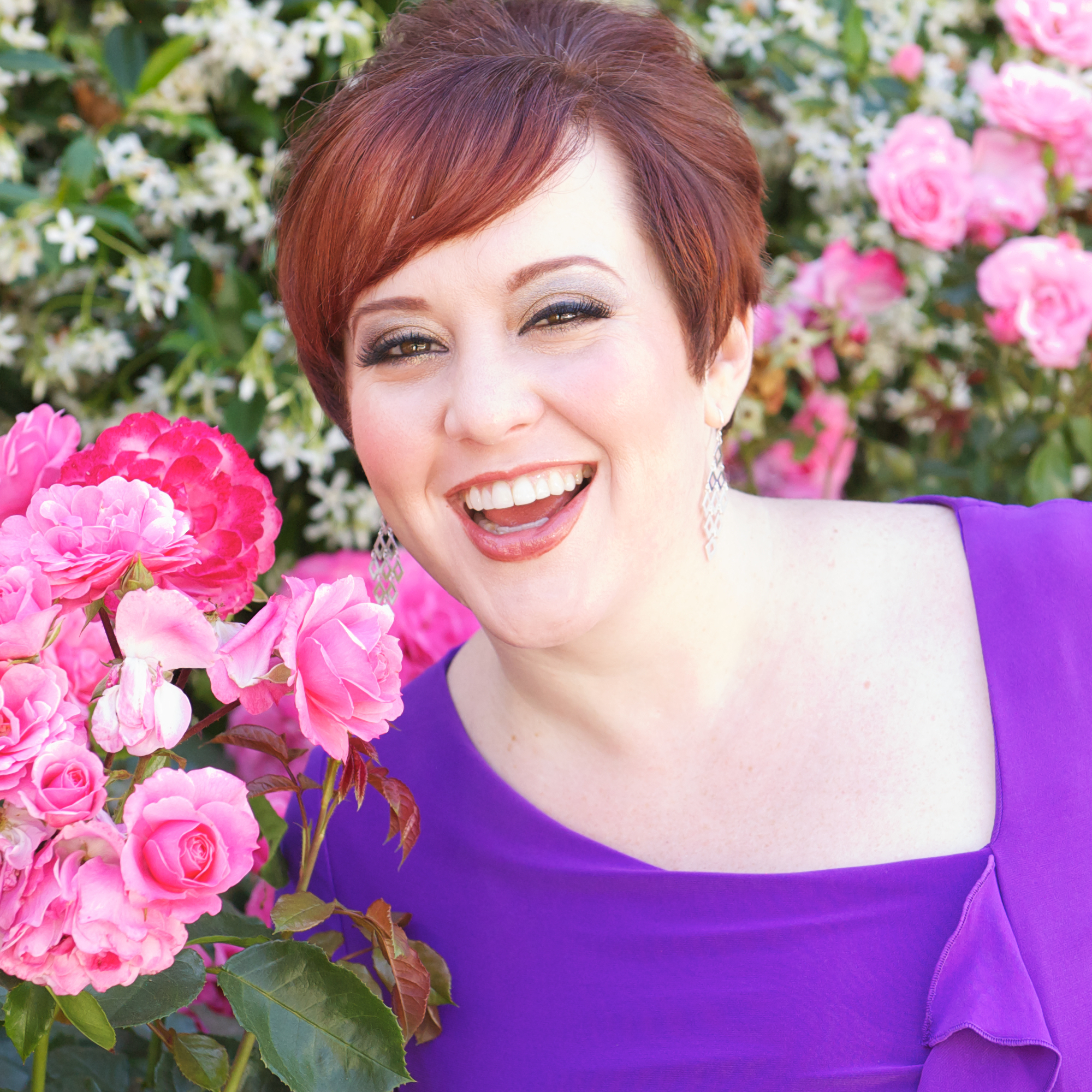
Is Entrepreneurship Damaging the Economy?
Small businesses are the heart and soul of the American economy… or so we’ve been taught. Some data suggests it could be harmful rather then helpful.
When Americans think of “self-employment,” they generally imagine an innovative, brave, and daring individual who works hard to have their own business. They picture builders, consultants, owners of cupcake shops, and tech startups. This ideal is tightly intertwined with the “American Dream,” but that image is not the reality worldwide.
Self-Employment Around the World
According to Gallup, 3 in 10 workers globally consider themselves “self-employed.” You might think that this would be a sign of innovation and proactive business development, but that is not the case. Gallup explains that very high self-employment rates actually indicate poor overall economic performance. Gallup explains, “The self-employed are three times as likely as those who are employed full-time for an employer to be living on less than $2 per day.” Areas like Southeast Asia, East Asia, and Sub-Saharan Africa have the highest percentage of self-employed workers (between 26% and 29% of the population). These workers are trying to make a few dollars in virtually any way that they can, even if that means selling hand-made trinkets on the street. This is based in necessity, not opportunity.
Gallup also found that those who are self-employed (worldwide) are more likely to be less educated than their employed counterparts. They are three times as likely to be living below the poverty line, with a household income of an average of $10,621 (in 2010).
Meanwhile, in North America, the self-employed percentages hover around 5%. Roughly 14.4 million workers were self-employed in 2014. In fact, the Bureau of Labor Statistics in the United States also predicts that self-employment rates will decrease overall until 2020. (Some sources, however, predict that self-employment will increase, so experts disagree on this trend). The agriculture industry (farming, fishing, and forestry) will likely see an overall decrease in jobs until about 2022, decreasing self-employment numbers even further, because farmers and fishermen are often considered self-employed.
Can Entrepreneurship be Economically Damaging?
For some people, striking out on their own happens not because they want to, but because they have no other choice. This is especially common in developing countries. When the United States went through the last recession there was an increase in the number of business owners (0.32% of American adults) who developed their own businesses per month in 2011. This percentage was among the highest rates that America has seen in the past 16 years. However, when entrepreneurs work for themselves, they are adding very little to the economy because they do not hire workers, which can actually lead to a negative effect on the economy.
Sole proprietorships or freelancers likely have no intentions on damaging the economy–they just want to make enough money to live during these “last resort” situations. So, how can they earn their money without damaging the economy? Hire more and give back any way you can.
Strongly consider hiring employees, even if they are part-time. Not all small businesses or freelancers will be able to do this until their business is up and running successfully. It not only helps your business grow and develop, it also helps the economy as a whole because it creates more jobs, more buying, and, in turn, more production. (Plus, you can delegate all those tasks you’re not so good at….)
Give back to your community any way you can. Incorporate local charities or causes into your business plan. Try to help out or designate a portion of your profits to their cause. This won’t have as big of an effect on the economy as a whole, but it allows you to do a little something where you can–and a little can go a long way.
This article was originally published on Inc.com in 2015.

Author, activist, international speaker, multi-preneur, mentor, wife, and mom, Ariana Ayu is a Transformational Mystic and a Catalyst for Conscious Change.
She is the creator and lead educator for the CannyNurse™ Certificate Program, a 50-hour CEU program for nurses from LPNs through doctoral degrees, and the first comprehensive cannabis nurse training program designed for working nurses. An ordained priestess, holistic healer, and lifelong student of ancient/ modern wisdom, Ariana’s nursing background includes pediatrics, labor & delivery, nurse education, and Holistic Health/ Integrative Nurse Coaching.
She earned her MSc in Advancing Nursing Practice from the University of Edinburgh in Scotland (UK), and her Cannabis Nursing Certification from Pacific College of Health and Science.
She is passionate about racial justice, social equity, environmental preservation and conservation, and empowered health, wellness, and joy for all. Her practice is governed by the ethical principles of integrity, nonjudgment, empowerment, and respect for her clients’ autonomy.